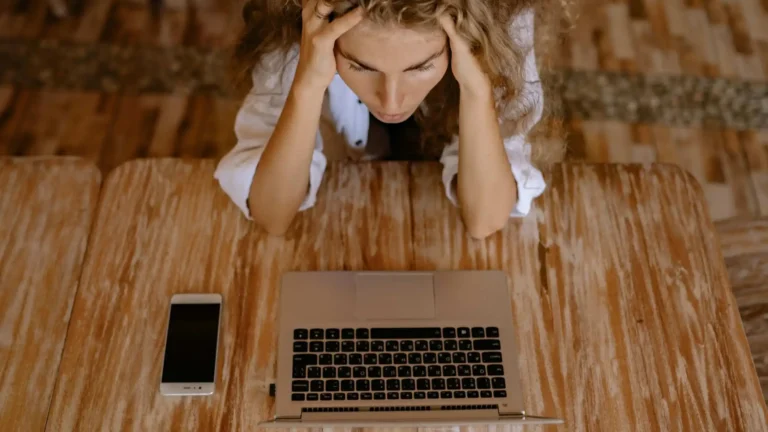Internet pirates and pornographers are taking advantage of a YouTube loophole that shields them from content review.
For years YouTube has insisted that its policies prohibit sexually explicit material like pornography. Of course, this claim has always fallen flat against the virtually countless pornographic videos that are easily accessible on the video-sharing platform.
There are several reasons why YouTube’s policy doesn’t match its practice—such as its weak monitoring process that forces users to jump through extensive hoops to report content for removal.
But now, another reason for the prominence of this prohibited content has come to light: YouTube has a loophole.
Internet pirates and pornographers are able to bypass YouTube’s content policies by uploading a video as “private” before sharing it on other platforms with their select audience. Because the video is marked “private” it is never published to the public section of YouTube so there are less people who would potentially report the content. By doing this, pornography websites are able to host their video libraries for free using Google’s system, and therefore they are able to keep costs low and profits high.
Some people are even pirating pornography by sharing copyrighted explicit content through this loophole, according to this below report from BBC News:
One California-based adult film producer suggested that the loophole was also being used to host pirated adult content.
“Copyright infringers take advantage of a private-video-share setting,” Dreamroom Productions told TorrentFreak.
“They upload and store videos, and freely use them on third party websites to earn profits.”
The company said Google did take down infringing copies of its content when notified, but added that the process sometimes took up to three weeks.
“YouTube should be aware of this. They are allowing the situation to continue by not plugging this hole,” the firm said.
A spokeswoman for YouTube said: “We have teams around the world that review flagged content, regardless of whether it is private, public or unlisted. Content that violates our policies is quickly removed.”
Despite drawing international media attention, YouTube is not making any public claims that they plan to address the problem.
Why would YouTube allow this loophole to remain?
Money.
Every view on YouTube increases the company’s value. It’s that simple. If YouTube was genuinely concerned about protecting copyright material and blocking sexually explicit material it would publicly commit to invigorating its review and monitoring system.





